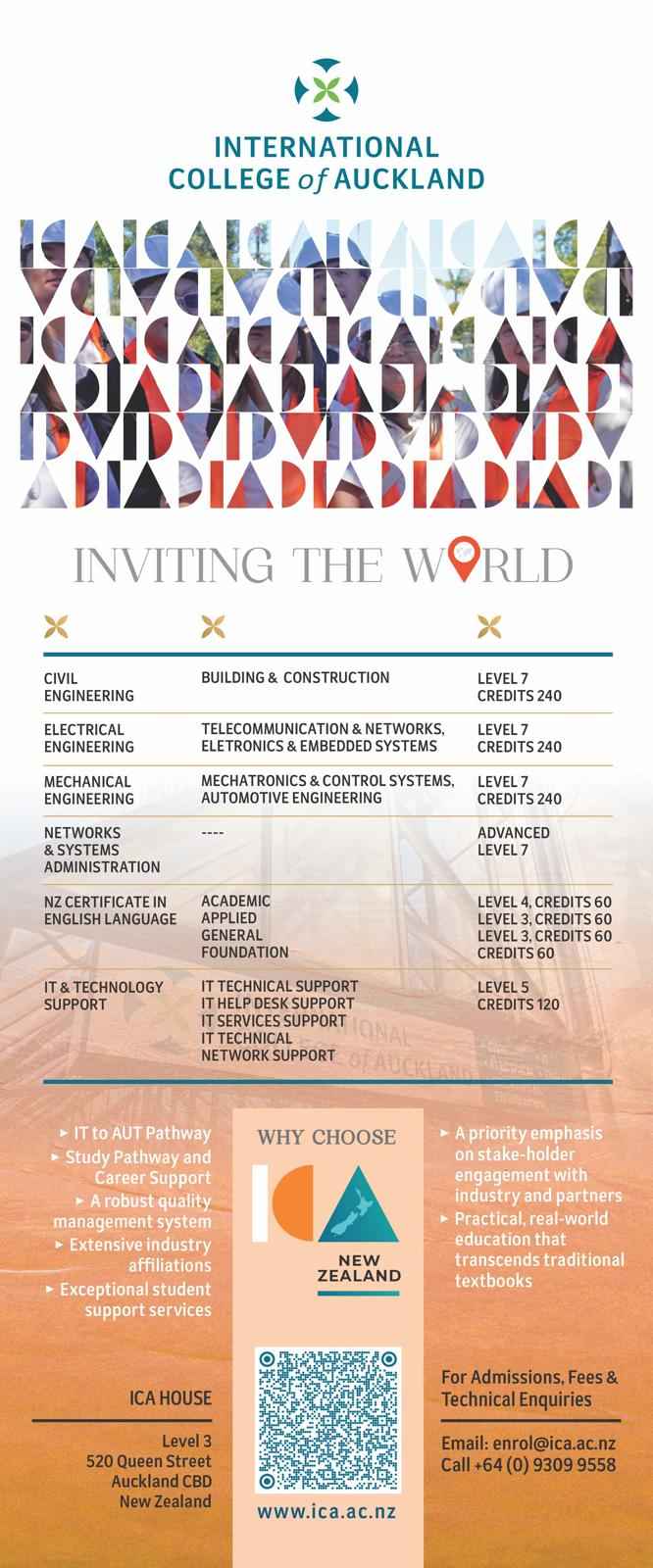Where to stay
Once you have been in New Zealand for a while, you may decide to change your accommodation. The table below gives a brief explanation of the different sorts of accommodation available to international students. For more information go to: www.mynzed.com, click on ‘general information’, then ‘accommodation’ in the right column (also available in Chinese).
If you are under 18 years of age your education provider will assess available accommodation for you.
What it’s like?
Private Board
You have your own room in a private residential home or boarding house. Meals are provided, and probably shared. You are free to come and go as you please. You may or may not be expected to help with household chores. You will usually be expected to care for your own room.
Homestay
Hostel
You have your room or share with another. Meals will be provided in a communal dining room. Cleaning services are provided, but you will be expected to care for your room. Usually located on campus or nearby.
Flatting
Living in a homestay – some questions to ask
Flatting – renting accommodation for yourself
The New Zealand Tenancy Service has really useful information on renting, designed for people who need to know the basics about renting for the first time. To view further information about renting, go to the New Zealand Tenancy Service website: www.tenancy.govt.nz.
Other useful information is located at http://www.minhousing.govt.nz/tenancy/info.html.
Tenancy information is also available in several languages including Chinese. Go to, http://www.minhousing.govt.nz/tenancy/Renting-and-You/Chinese/chi_home.html

